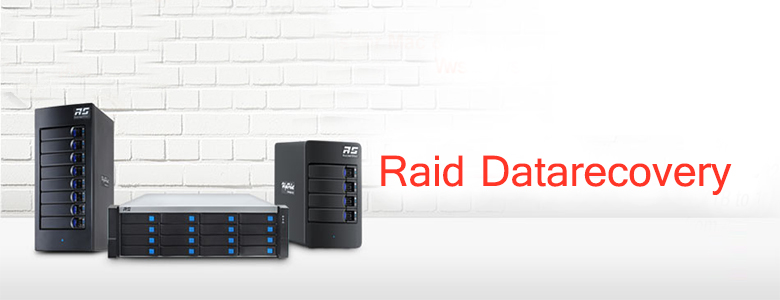Raid Datarecovery
-
 Desktop Data Recovery 100% Surety For Your Data
Desktop Data Recovery 100% Surety For Your Data -
 Laptop Data Recovery 100% Surety For Your Data
Laptop Data Recovery 100% Surety For Your Data -
 External Hard Drive 100% Surety For Your Data
External Hard Drive 100% Surety For Your Data -
 SSD Data Recovery 100% Surety For Your Data
SSD Data Recovery 100% Surety For Your Data
Raid Datarecovery

Data Recovery Services specializes in RAID recovery and repair. Our engineering teams have decades of combined experience with every RAID configuration, and we treat each array as a high priority. If you need a professional resource for secure RAID recovery, we can help.
With more than 40 offices across the United States, Secure Data Recovery Services delivers a fast, comprehensive set of services for easy planning after a major RAID failure.
When an external hard drive fails, you need to work with a qualified company that understands the potential challenges of external HDD data recovery. Dozens of companies manufacture the devices, however, so many have unique features that can complicate professional data recovery services.
Reasons for Raid Drive Data Loss
Physical Failures - Because hard drives have high-speed moving parts, they can become less reliable as they age. A hard drive's read/write float just above the surface of the platters, which store your data, and under the right circumstances, the heads might come into contact with the platters. This is often accompanied by a clicking or whirring sound, but users may not hear these sounds if their external hard drives have large or well-insulated enclosures.
Electronic Failures - Some external hard drives have faulty fans, or computer users simply forget to plug their power cords into grounded, surge-protected outlets. If an external hard drive has an electronic issue, it may stop working entirely or it may report an error message, depending on which of its components have failed.
Logical Failures - External hard drives can also lose data due to corruption, accidental deletion or other non-physical errors, which are considered logical errors in our classification system.
Symptoms of Data Loss and Hard Drive Failure
- Frequent Freezing and Crashing
- Clicking, Whirring
- Other Unusual Noises
- Burning Electronics Smell
- Excessive Fan Noises
- Operating System Will Not Boot
- Failure to Mount or Recognize Attached Media
- Power Issues
- Computer Cannot Boot Past BIOS

